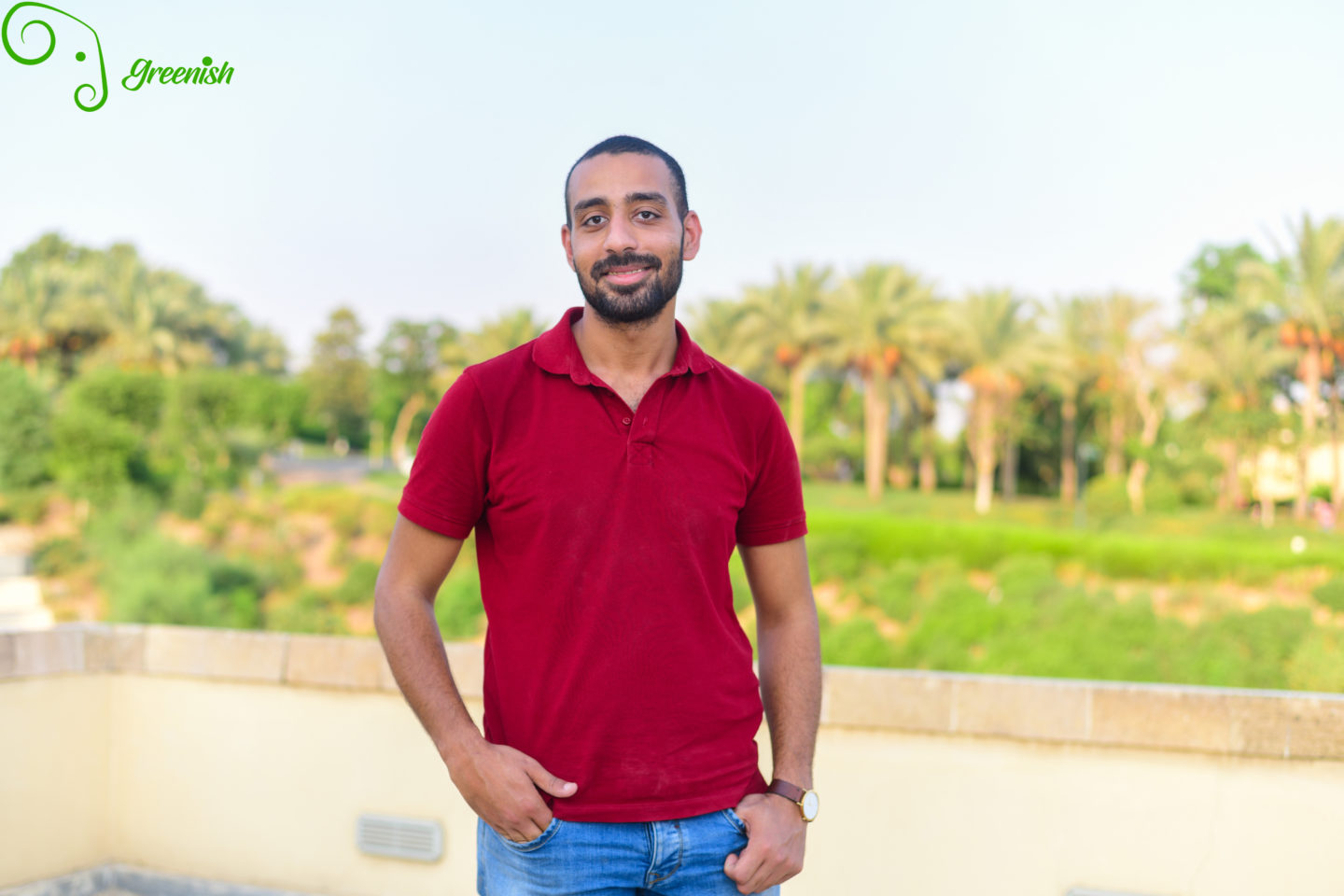In 2017, Abdallah and his late co-founder, Medhat Benzoher started their comprehensive initiative, Greenish in a worthwhile attempt to raise social awareness around waste and waste management through the significant reduction in using plastics, as well as creating art pieces made entirely from trash. “After 2017, our endeavors became more organized, with a company, accreditation, and contents to show for, whether through schools, companies or other entities,” says Abdallah.
At the same time, Abdallah and Benzoher wanted to address the issue of accessibility of some companies to waste management facilities and solutions. “We started reaching out to these companies to help them reduce their waste and provide a flexible scheme to turn this waste to upcycled items,” Abdallah explains. He added that besides that there is the Greenish online platform where these upcycled products can be sold. It is set to officially launch in October of this year and is considered to be the first of its kind in Africa.
Greenish’s start and the long way ahead:
When the company was first established, both co-founders took it upon themselves to secure enough funds for a decent start. “Both of us came from an entirely different background and we wanted to test this business model. We also wanted to test the sustainability and continuity of our initiative to generate revenues while veering away from being a quick money-making project,” Abdallah adds.
By the end of the first year, 25% of the profits Greenish made came from tours around five cities (five communities), through spreading knowledge around plastics and their harmful effects and making location-specific artworks for each community. “About our business model, we get money through the workshops we hold, as well as the training we conduct in schools, corporates, and NGOs,” Abdallah shares about their first revenue stream. “Our second revenue stream is through the marketing fees of the products we sell online.”
A unique strategy for a creative initiative:
The idea of expansion is on Abdallah’s plan, be it in the Middle East, the MENA region or Africa. However, he is already being inclusive of all sorts of businesses and partnerships. “The thing we need the most is partnering up with other initiatives, especially for small projects that we’re embarking on,” he says.






